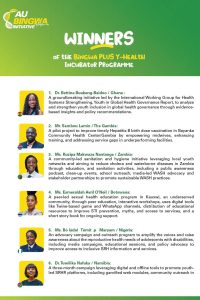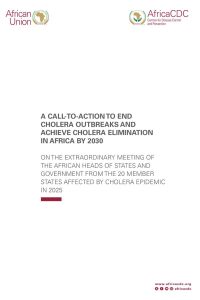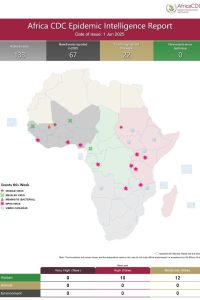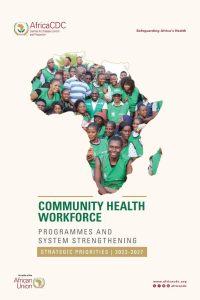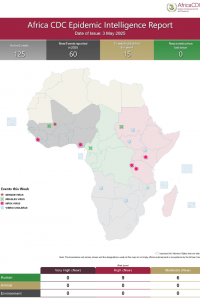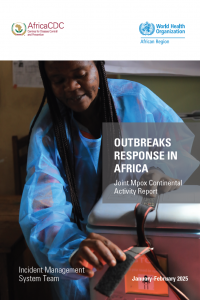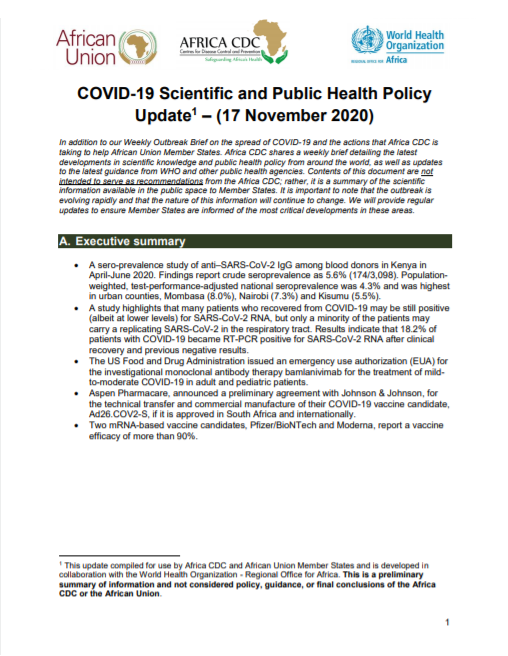
- Version
- Download 1391
- File Size 1.18 MB
- File Count 1
- Create Date 17 November 2020
- Last Updated 17 November 2020
COVID-19 Scientific and Public Health Policy Update – (17 November 2020)
In addition to our Weekly Outbreak Brief on the spread of COVID-19 and the actions that Africa CDC is taking to help African Union Member States. Africa CDC shares a weekly brief detailing the latest developments in scientific knowledge and public health policy from around the world, as well as updates to the latest guidance from WHO and other public health agencies. Contents of this document are not intended to serve as recommendations from the Africa CDC; rather, it is a summary of the scientific information available in the public space to Member States. It is important to note that the outbreak is evolving rapidly and that the nature of this information will continue to change. We will provide regular updates to ensure Member States are informed of the most critical developments in these areas.
A. Executive summary
* A sero-prevalence study of anti–SARS-CoV-2 IgG among blood donors in Kenya in April-June 2020. Findings report crude seroprevalence as 5.6% (174/3,098). Populationweighted, test-performance-adjusted national seroprevalence was 4.3% and was highest
in urban counties, Mombasa (8.0%), Nairobi (7.3%) and Kisumu (5.5%).
* A study highlights that many patients who recovered from COVID-19 may be still positive (albeit at lower levels) for SARS-CoV-2 RNA, but only a minority of the patients may carry a replicating SARS-CoV-2 in the respiratory tract. Results indicate that 18.2% of patients with COVID-19 became RT-PCR positive for SARS-CoV-2 RNA after clinical recovery and previous negative results.
* The US Food and Drug Administration issued an emergency use authorization (EUA) for the investigational monoclonal antibody therapy bamlanivimab for the treatment of mildto-moderate COVID-19 in adult and pediatric patients.
* Aspen Pharmacare, announced a preliminary agreement with Johnson & Johnson, for the technical transfer and commercial manufacture of their COVID-19 vaccine candidate, Ad26.COV2-S, if it is approved in South Africa and internationally.
* Two mRNA-based vaccine candidates, Pfizer/BioNTech and Moderna, report a vaccine efficacy of more than 90%.
Attached Files
| File | Action |
|---|---|
| COVID-19 Scientific and Public Health Policy Update - 17112020 | Download |

